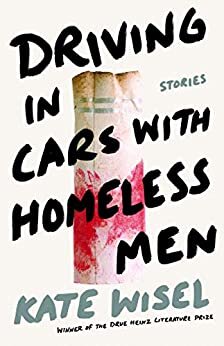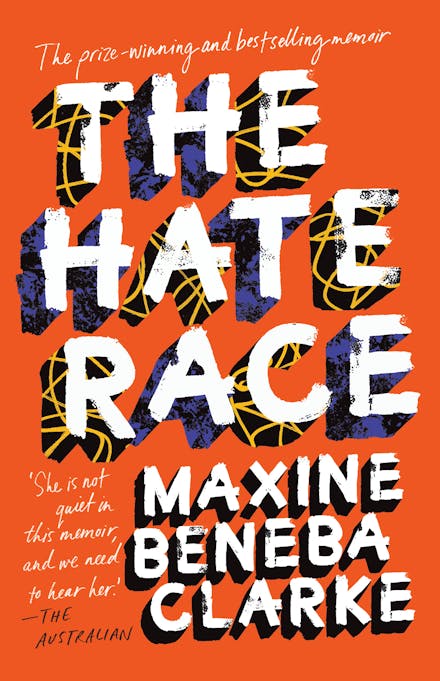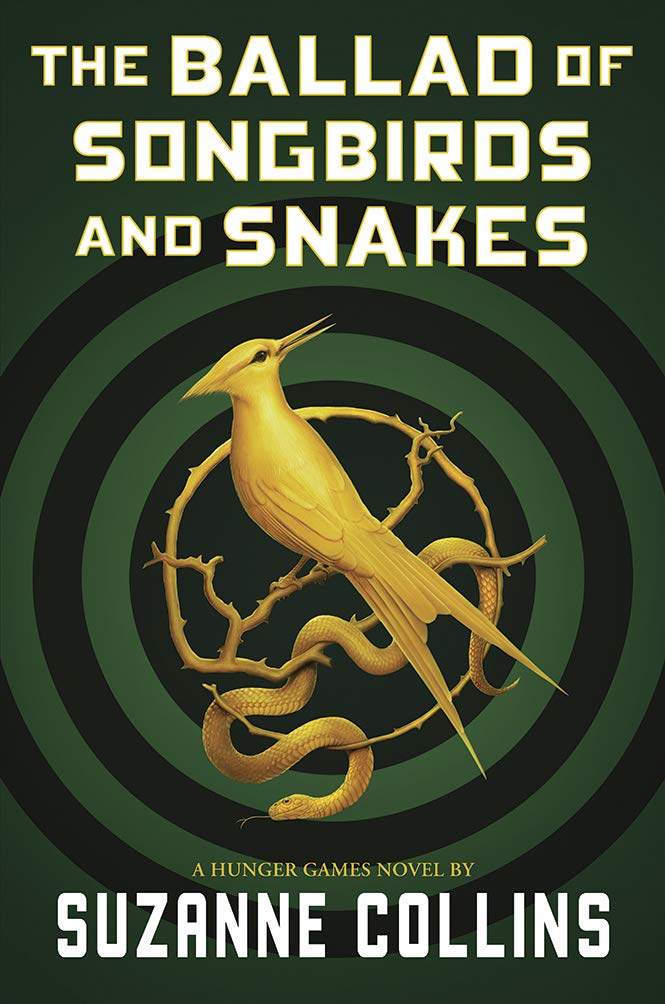 These girls are still alive and living in Boston! Wisel does not make moral judgments. These stories are only meant to the show us lives we often overlook. The writing is vivid: you really do see these characters, and sometimes it’s a very uncomfortable vision.
These girls are still alive and living in Boston! Wisel does not make moral judgments. These stories are only meant to the show us lives we often overlook. The writing is vivid: you really do see these characters, and sometimes it’s a very uncomfortable vision.
Category: Book Reviews
Book Reviews
A review of River Aria by Joan Schweighardt
 River Aria is an exquisitely written conclusion to the Rivers trio. Schweighardt creates rich layers of meaning through the three books, across settings that are sometimes sumptuous and sometimes desolate, but always rich in psychology, history, drama, theatre, and a very subtle political thread that hints at the power of compassion.
River Aria is an exquisitely written conclusion to the Rivers trio. Schweighardt creates rich layers of meaning through the three books, across settings that are sometimes sumptuous and sometimes desolate, but always rich in psychology, history, drama, theatre, and a very subtle political thread that hints at the power of compassion.
A review of Rebel Cinderella by Adam Hochschild
 While Rose’s story grabs reader attention, Hochschild’s book is compelling because he tells a bigger story. He shows us the gap between rich and poor during the Gilded Age and the early 20th century and educates readers in a lucid and accessible sty le about early struggles for a fairer, kinder society.
While Rose’s story grabs reader attention, Hochschild’s book is compelling because he tells a bigger story. He shows us the gap between rich and poor during the Gilded Age and the early 20th century and educates readers in a lucid and accessible sty le about early struggles for a fairer, kinder society.
A review of Eleanor Oliphant is Completely Fine

A review of Split, edited by Lee Kofman
 All of the pieces are powerful, richly depicted, allowing the reader access to the very core of transition. Kofman has a well-tuned sense of what works together and the pieces flow together perfectly, each essay informing the work that surrounds it, so that the overall book feels interlinked. It makes for engaging reading that is emotionally powerful throughout.
All of the pieces are powerful, richly depicted, allowing the reader access to the very core of transition. Kofman has a well-tuned sense of what works together and the pieces flow together perfectly, each essay informing the work that surrounds it, so that the overall book feels interlinked. It makes for engaging reading that is emotionally powerful throughout.
A review of 125 Rus by Ana Efimenko
If you’re a Dostoevskian existentialist, an armchair philosopher, or just interested in international indie writing, 125 Rus is for you. Just don’t forget yourself reading it!
A review of The Hate Race by Maxine Beneba Clarke
 From the day of early childhood to the teenage years, Clarke consistently takes moments of her life, interrogates them, and gives them a certain form of literary justice. I wouldn’t say a poetic justice, because Clarke isn’t trying to write poetically. She is giving a record of what it means to be born as a foreigner in your own country, and the existential challenges which come throughout.
From the day of early childhood to the teenage years, Clarke consistently takes moments of her life, interrogates them, and gives them a certain form of literary justice. I wouldn’t say a poetic justice, because Clarke isn’t trying to write poetically. She is giving a record of what it means to be born as a foreigner in your own country, and the existential challenges which come throughout.
A review of No Spider Harmed in the Making of this Book Edited by Cherry Potts
 Editor Cherry Potts created a masterful work of art with this anthology, intricately combining poetry, short stories and flash fiction that spans a variety of themes. In all of the works, the writing is accessible, yet beautiful. The otherworldliness of spiders brings about bewitching language in almost all of the entries.
Editor Cherry Potts created a masterful work of art with this anthology, intricately combining poetry, short stories and flash fiction that spans a variety of themes. In all of the works, the writing is accessible, yet beautiful. The otherworldliness of spiders brings about bewitching language in almost all of the entries.
A review of Fangirl by Rainbow Rowell
 Fangirl highlights the dynamics of relationships between characters as the book progresses and these connections with others are influential in the overall plot of the book. Both family and love are major themes and the way in which Rainbow Rowell has written this is beautiful.
Fangirl highlights the dynamics of relationships between characters as the book progresses and these connections with others are influential in the overall plot of the book. Both family and love are major themes and the way in which Rainbow Rowell has written this is beautiful.
A review of The Ballad Of Songbirds And Snakes by Suzanne Collins
 Readers of The Hunger Games will remember notorious ruler President Snow, bent on what feels like a personal vendetta against the lower class districts and their citizens. This new look on 18-year-old Coriolanus implores readers to see reasonable intentions and views going through his head.
Readers of The Hunger Games will remember notorious ruler President Snow, bent on what feels like a personal vendetta against the lower class districts and their citizens. This new look on 18-year-old Coriolanus implores readers to see reasonable intentions and views going through his head.